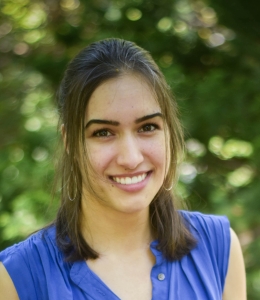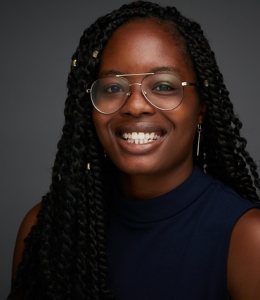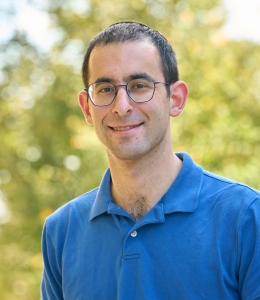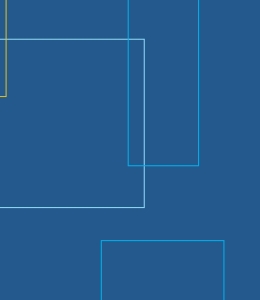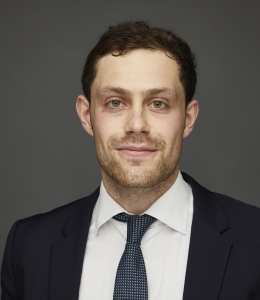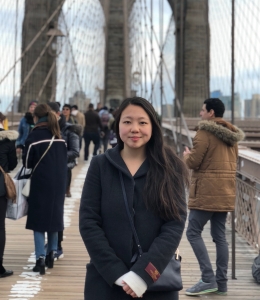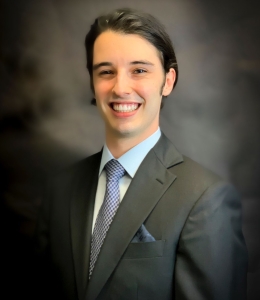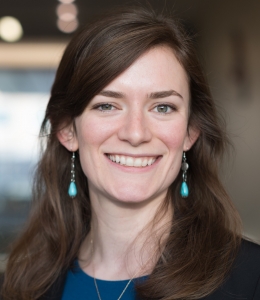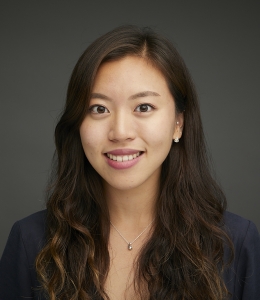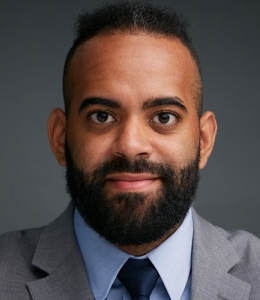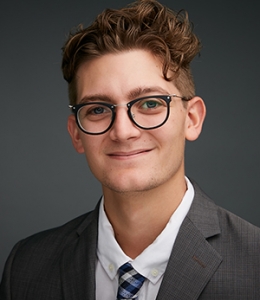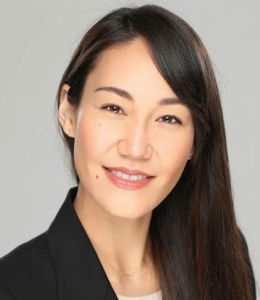Introducing the Inaugural Cohort of Columbia Law Academic Scholars
The Academic Scholars Program, launched last spring, identifies and provides academic and financial support for admitted and current J.D. candidates with strong potential and the ambition to become law professors.
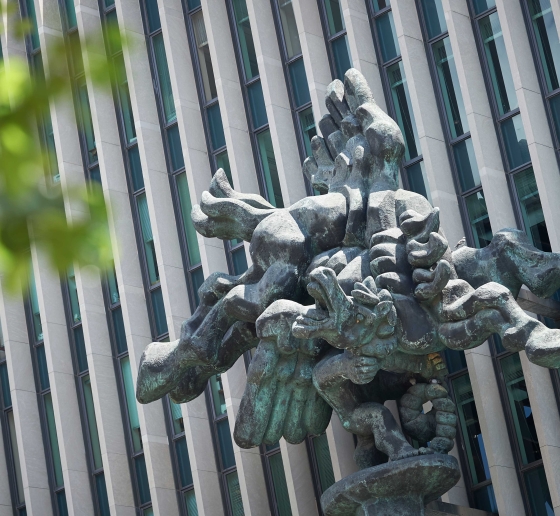
The 12 students who make up the first cohort in the Academic Scholars Program represent the classes of 2022, ’23, and ’24 and bring with them a variety of research interests and reasons for pursuing a challenging—and rewarding—career in law teaching. In addition to being paired with a faculty mentor, 2L and 3L scholars participate in a year-long seminar to learn about the legal academic profession and build a scholarship portfolio. The scholars also receive financial support.
Learn more about the scholars below. (Interviews have been edited and condensed.)
